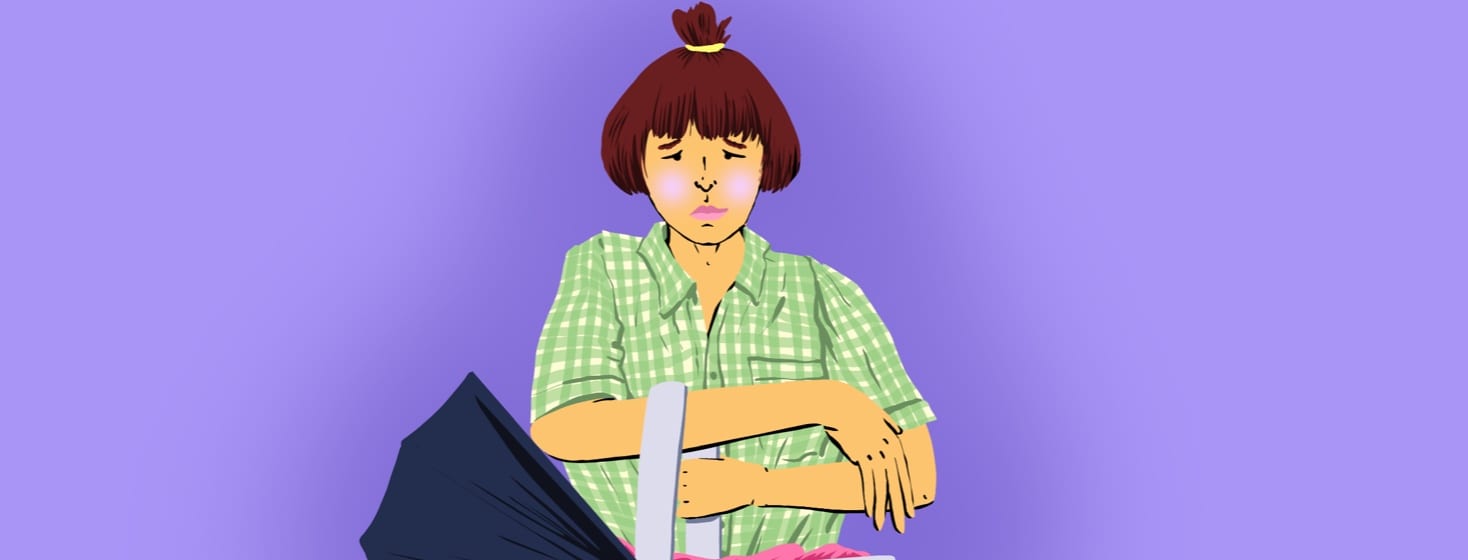Yes, You Can Have Postpartum Depression and Still Love Your Baby
Becoming a mother is a life-changing experience. Nothing compares to the joy and excitement of holding your newborn baby for the first time. However, along with the joy of motherhood can come the reality of postpartum depression (PPD), an often-unspoken topic that affects many mothers.
Can you still love your baby?
For those who may not be familiar, postpartum depression, or PPD for short, is a mental health condition that mothers may experience after giving birth. It can come with symptoms such as mood swings, anxiety, sadness, and irritability. As a mother who experienced postpartum depression, there’s one question I'm often asked: Can you still love your baby while struggling with postpartum depression?
The answer is: yes. Absolutely yes. But don't misunderstand me. It's not that simple.
My personal story of postpartum depression
After giving birth to my beautiful baby boy Osiris, I was over the moon with joy. Our family was complete. However, as days turned into weeks, something didn't feel right. I found myself often crying at the simplest of things. Even when my baby cried, I'd end up crying as well.
I felt guilty for not snapping out of it and being unable to connect with my baby the way I should. Fear and anxiety gradually started to consume me. I was struggling to find a balance between being a new mom and managing my emotions. It wasn't until I sought professional help that I realized I had postpartum depression.
Love for my baby kept me going
The love for my baby never wavered, even through all of this. In fact, my love for my baby was what kept me going. It was the pure love that I had for my child that gave me the strength to seek help, fight my depression, and be a better mom.
Postpartum depression didn't reduce the bond I had with my baby. My love for my child inspired me to seek help and get better.
Postpartum depression isn't your fault
It's essential to remember that postpartum depression is something you experience, not something you choose. It's also important to consider that PPD can happen to anyone. It's a combination of factors, like genetics, hormonal changes, and emotional stress that can lead to depression. But loving your child isn't a choice. It's a natural feeling that comes with being a mother.
PPD doesn't mean, by any means, that you don't love your baby or want to be a good mom. As mothers, we have a natural love and affection for our children, built up even before they are born. This love grows ever stronger once they are born. The love a mother has for her child is an unconditional love that cannot be easily explained.
My baby is the reason I got help
It's vital to recognize that PPD can rob you of the joys of being a mother. Nevertheless, loving your child can inspire you to get the help you need and to thrive as a mom. Don't let your depression come in the way of your happiness and the joy of motherhood. The love you have for your baby can push you to call for support and receive the required treatment to get back on track.
Support is out there
Being a mom is tough, and it can feel even tougher when you're dealing with postpartum depression. But here's the thing: you can absolutely love your baby and struggle with PPD at the same time. It's crucial to separate those feelings and not let the depression define your experience as a mom.
Don't be afraid to seek help because it's a big step towards finding your way back to yourself. Remember, you're a fantastic mom with an incredible love for your child, and that love can carry you through anything.
